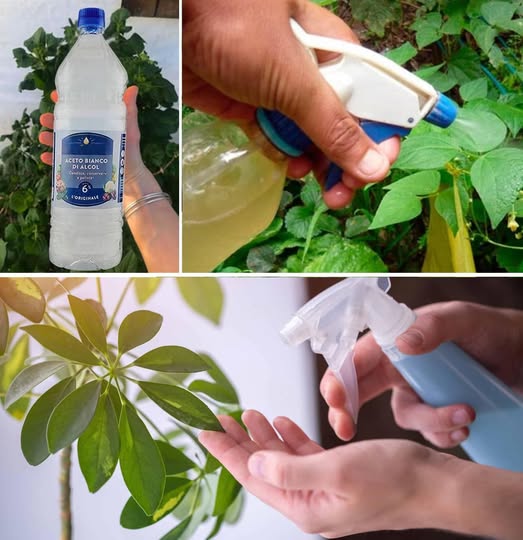Storage: Keep your vinegar solution in a cool, dark place and label the spray bottles clearly.
Usage Frequency: Use vinegar-based treatments sparingly—no more than once every 1–2 weeks—to prevent harming plant roots or soil life.
Caution: Always test on a small area of the plant before widespread application to avoid potential damage.
Variations
Add Essential Oils: Boost your pest spray by adding 10 drops of peppermint or eucalyptus oil for extra effectiveness.
Combine with Dish Soap: For stubborn weeds or pests, add a few drops of dish soap to help the solution stick to surfaces longer.
Use Apple Cider Vinegar: Apple cider vinegar is milder and can be used more safely on sensitive plants when diluted.
FAQ
Can vinegar harm my plants?
Yes, if used in high concentrations or applied too frequently. Always dilute and apply carefully.
What kind of vinegar is best for garden use?
White vinegar is best for general cleaning and weed control. Apple cider vinegar is preferred for fungal issues and as a soil supplement.
Is vinegar safe for pets in the garden?
Yes, but the strong smell may deter them temporarily. It’s a non-toxic alternative to chemical



Yo Make również polubił
Caramel Sticky Buns
Cleaning Tip for a Greasy Oven:
Miękkie kwadraty czekoladowe: pyszny przepis, który każdy pokocha
Serniki Mandaryńskie